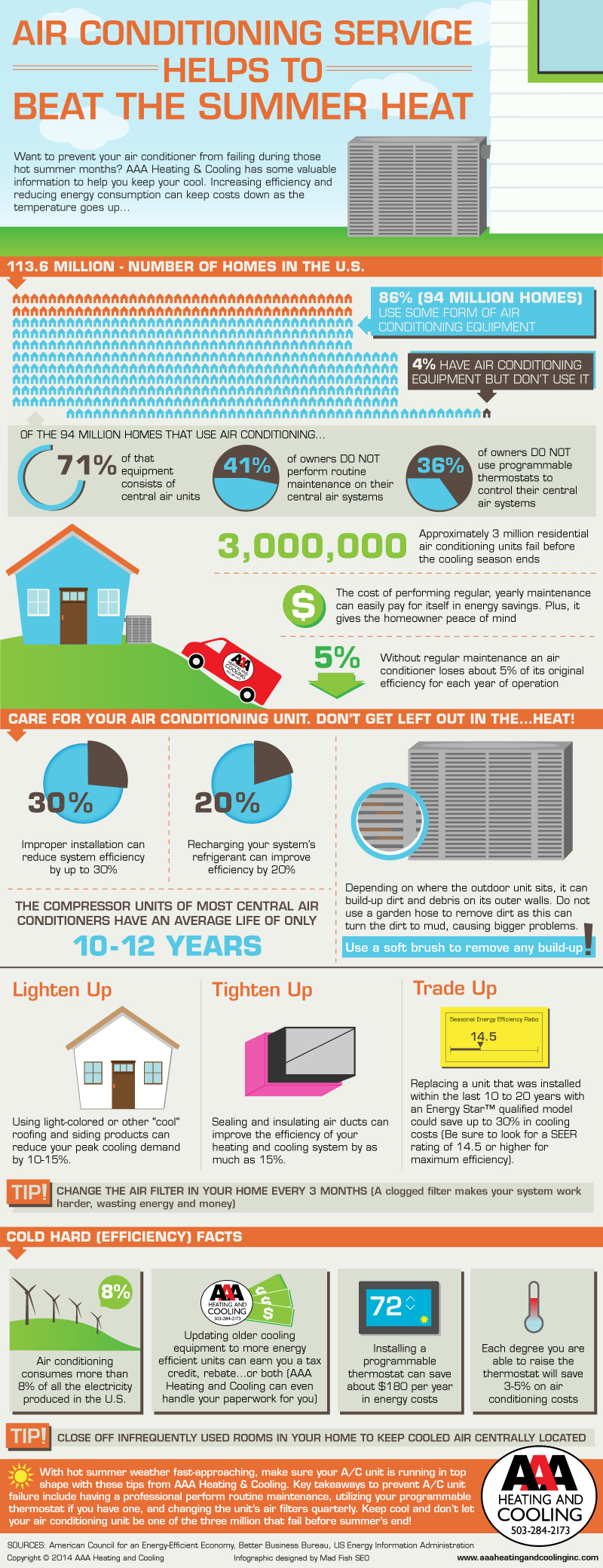Discover How To Optimize The Effectiveness And Life-Span Of Your Heat Pump System By Avoiding Basic Setup Mistakes
Discover How To Optimize The Effectiveness And Life-Span Of Your Heat Pump System By Avoiding Basic Setup Mistakes
Blog Article
Article By-Parrish Ploug
When mounting a heatpump, you should steer clear of typical mistakes that might threaten its effectiveness. Forgeting proper sizing might cause inefficiencies and greater energy prices. Neglecting insulation and securing can cause power waste and strain on the system. Furthermore, placing the outside device improperly might affect its performance. By staying clear of these mistakes, you can make certain optimum operating and longevity of your heatpump system.
Improper Sizing of Heat Pump
When it concerns the setup of heatpump, among one of the most usual blunders is improperly sizing the unit for your space. Ensuring the appropriate dimension is important for ideal efficiency. If the heat pump is also tiny, it will certainly struggle to warmth or cool your area efficiently, bring about enhanced energy costs and prospective deterioration on the system.
On the other hand, if the heatpump is also huge, it will certainly cycle on and off regularly, creating temperature variations and decreasing its lifespan.
To avoid this blunder, it's essential to have an expert analyze your room and advise the suitable dimension of the heat pump based on variables like square video footage, insulation, ceiling elevation, and local climate. By spending the moment and effort to ensure the correct sizing, you can enjoy a comfy environment while optimizing energy effectiveness and lengthening the life expectancy of your heat pump.
Inadequate Insulation and Sealing
To ensure the effective procedure of your heatpump, it's vital to deal with insufficient insulation and securing in your room. Correct insulation aids maintain a regular temperature level indoors, lowering the workload on your heatpump. https://augustdzevn.anchor-blog.com/11382620/initiate-your-pursuit-for-reliable-heating-and-cooling-down-with-vital-understandings-into-heatpump-setup-the-important-aspect-for-opening-peak-performance can cause energy loss, making your heat pump work harder and much less efficiently.
Securing any kind of spaces or leakages in your area is similarly essential. These gaps permit conditioned air to leave and exterior air to leak in, forcing your heat pump to make up for the temperature level changes.
Incorrect Positioning of Outdoor Device
Resolving the positioning of your heatpump's exterior system is crucial to optimizing its efficiency. Mounting the outdoor unit in a wrong place can lead to performance problems and potential damage to the unit.
One usual mistake to stay clear of is placing the outside device also near a wall surface or other structures. This can restrict air movement, creating the system to work harder to warmth or cool your area, eventually lowering its efficiency and lifespan.
Another error to stay away from is positioning the outside system in direct sunlight. While some sunshine is unavoidable, extreme direct exposure can lead to overheating, particularly throughout warm summer days. It's best to place the outside system in a shaded location to help maintain its optimal operating temperature level.
Additionally, make sure that the exterior system is positioned on a stable and level surface area. Uneven ground can cause vibrations and unneeded stress on the unit, affecting its performance gradually.
read more , staying clear of typical errors during heatpump installment is necessary for maximizing efficiency and durability of your system. By ensuring correct sizing, adequate insulation, sealing, and proper placement of the outdoor unit, you can stop concerns such as inefficiencies, enhanced power bills, and pressure on the device. Taking the time to deal with these essential variables will ultimately conserve you time and money in the long run.
